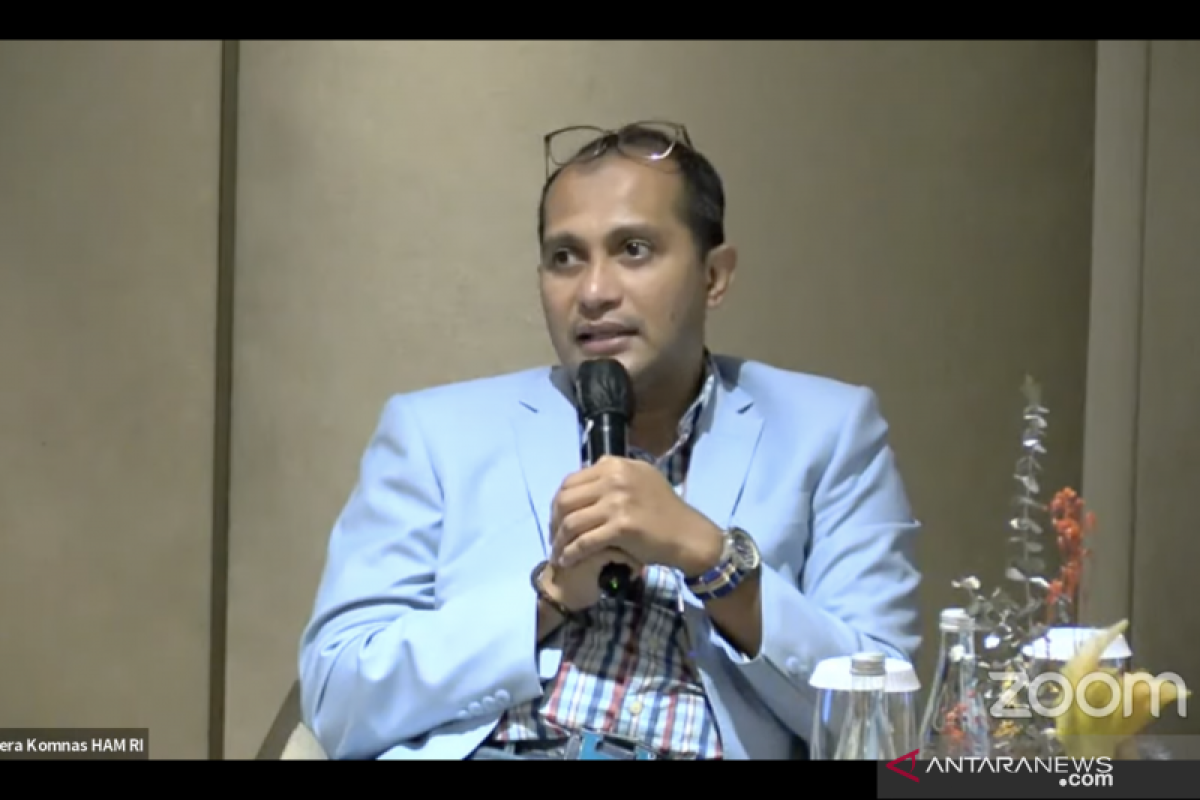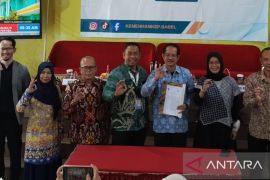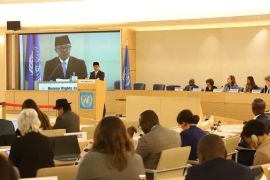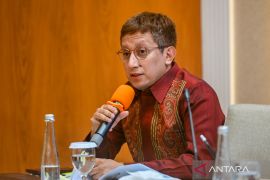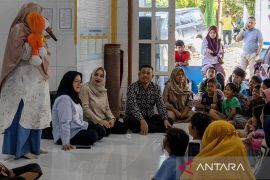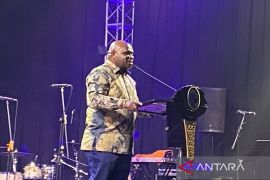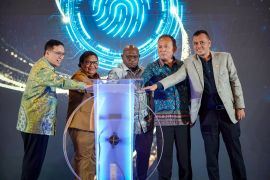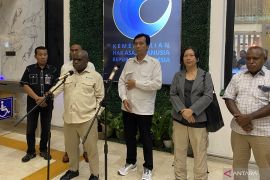The government deemed that these cases (gross human rights violations) should be resolved, no longer through retributive justice, but with corrective, rehabilitative, and restorative justiceJakarta (ANTARA) - The government has deemed that it is important to use the restorative justice approach to handle past cases of gross human rights violations, Law and Human Rights Vice Minister Edward Omar Sharif Hiariej has said.
"The government deemed that these cases (gross human rights violations) should be resolved, no longer through retributive justice, but with corrective, rehabilitative, and restorative justice," he noted.
At an online public discussion held to commemorate the 2021 Human Rights Day on Monday, he explained that retributive justice has a tendency to utilize the legal process as a platform to exact vengeance.
As a result, this incentivizes delivering the heaviest punishment and focuses on the wrongdoers, he added.
Meanwhile, restorative justice has an orientation of recovery, which also focuses on rehabilitation and correcting criminal actions, he said.
Law enforcement authorities often encounter hurdles concerning past gross human rights violation cases, Hiariej highlighted.
According to Law No. 26 of 2000 on Human Rights Trial, law enforcement officials involved in human rights trials need to be from the National Commission on Human Rights (Komnas HAM) and the Attorney General's Office.
The police and the military are not involved because they are considered to have ties with past gross human rights violation cases, he noted.
"There is always tension and debate between the Komnas HAM, which believes that there is enough evidence, and the Attorney General's Office, which does not feel that there is enough evidence," he said.
Hence, Hiariej deemed that if law enforcement authorities only focus on resolving gross human rights violations through trials, then the problem will never be resolved.
"The other alternative is that we (the government) resolve past gross human rights violations not case by case, but the whole cases," he affirmed.
The President could create an ad hoc team whose job is to resolve all past human rights violations based on three main points, he suggested.
These three points are reveal the truth, rehabilitate the victims, and ensure that gross human violations do not happen again in the future, he said.
These steps are a part of restorative justice that aims to handle past problems without neglecting the importance of rehabilitation for victims affected by human rights violations, he added.
Related news: Violence against women constitutes human rights violation: Minister
Related news: Indonesian laws ensure human rights protection: Mahfud MD
Related news: 2021 Human Rights Festival reflects government's commitment: Official
Translator: Putu Indah S, Fadhli Ruhman
Editor: Sri Haryati
Copyright © ANTARA 2021
